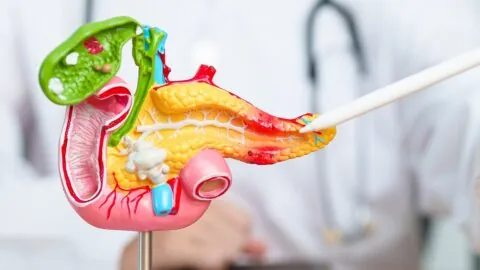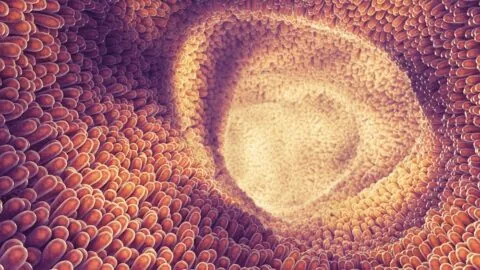November 20, 2024
An analysis of data from over twenty thousand people has indicated that greater dietary diversity is associated with slower biological aging [1]. Your health is what you eat Good dietary habits are linked to many health benefits, and different diets were previously reported to impact the speed of aging and senescence. For example, adherence to...
October 22, 2024
A new study links damage caused by digestive enzymes escaping from the gut to several hallmarks of aging. The researchers dubbed this effect "autodigestion." [1] Don’t eat yourself up! To live, we must eat, which involves breaking down compounds that we ourselves consist of, such as fat and proteins. Evolution has developed ingenious ways to...
July 15, 2024
Researchers publishing in Probiotics and Antimicrobial Proteins have published the results of a clinical trial on the effects of a probiotic on inflammaging in older people. The gut and systemic inflammation The researchers begin this paper discussing their target of inflammaging, as this condition has been linked to multiple other age-related disorders, including Alzheimer's [1]....
May 13, 2024
Researchers have discovered negative ways in which intestinal bacteria change over time, spurring gut inflammation, and introduced older bacteria into a population of younger mice to determine their effects. A well-known link It has been thoroughly documented that gut bacteria have an influence on aging [1], and age-related changes to gut inflammation can lead to...
April 03, 2024
Scientists have demonstrated that CAR T cells can be employed against senescent intestinal stem cells, improving regeneration and ameliorating age-related symptoms such as “leaky gut” [1]. Cell-on-cell warfare Cellular senescence is a heterogeneous phenomenon in which cells stop dividing and malfunction, driving up inflammation. While senescent cells play a positive role in certain contexts, such...
June 18, 2023
Researchers publishing in Journal of Toxicology and Environmental Health, Part B have found that the common sweetener sucralose may contribute to genetic and intestinal damage [1]. Not the only study of this kind This paper begins by stating the fundamental claims that were made prior to the approval of sucralose by the FDA. Those claims...








